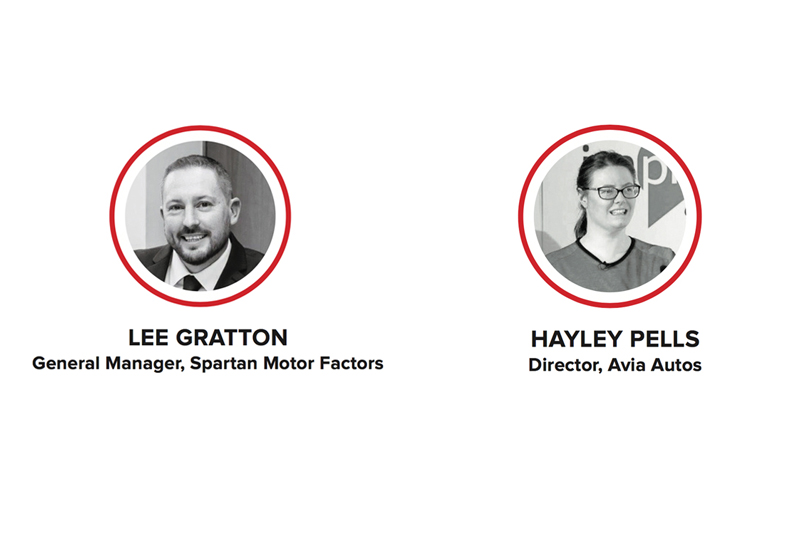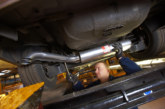
Lee and Hayley are back to emphasise how in the months to come, the approach of both factors and garages has to be adapted to suit the changed landscape of the aftermarket.
Lee Gratton- General Manager, Spartan Motor Factors
Factors need to prepare themselves for life after lockdown. Factors will have to adjust their old ways of working to make the working environment safer for their staff, visitors and customers.
We need to consider how the usual ways of working can be adjusted to allow for greater social distancing and the introduction of additional hygiene procedures. This could include, for example, increased spacing within the workplace, a greater use of disposables, additional cleaning regimes, use of appropriate PPE, dividing staff into teams that don’t mix with other staff, and reducing the number of staff and visitors on your premises at any one time.
The majority of a motor factor’s workforce are delivery drivers. These staff members are the face of the company who interact with garage customers on a regular basis. These staff members are the most at risk.
At Spartan Motor Factors, we attempt to minimise the interaction of delivery drivers and sales advisors by segregating them where possible. We have collection points and returns drop off areas at all branches. Spartan provides all of its van delivery drivers with the necessary PPE equipment. We also supply the drivers with Nilco hand sanitiser, and we insist that they sanitise every delivery van at the end of every working day with a sanitiser spray.
It is important to us that our customers understand we take their safety and the safety of our employees extremely seriously.
Hayley Pells- Director, Avia Autos
The forecasting for MOT testing can look a little grim for the business owner. Historically, busy periods followed the bi-annual registration plate release, loading the MOT testing demand into March and October. The pandemic response of an MOT extension has dramatically changed the expectation of demand, developing peaks and troughs that may create a legacy of MOT seasonal change throughout the year.
Consumer behaviour can be difficult to predict. Relying on the simple data extraction of when MOT tests expire may not translate into when these vehicles are presented for an MOT test. Factors such as retaining a vehicle instead of replacing it, using private transport to facilitate a UK-based holiday, or a reluctance to engage in public transport, may increase demand in the aftermarket. Agile working arrangements, downsizing the domestic carpool, companies choosing to not expect their teams to travel as they did – all may negatively impact uptake of services within our sector.
It has always been important to understand the needs of your client to be successful. This insight may now prove itself to be critical to survive quiet periods and to manage expectations during the busy ones. Providing communication and support to maintain servicing requirements, by dissecting them from the MOT presentation date for those who historically booked both at the same time, may assist in evening out workload within the trade. The DVSA has already started a campaign of safety awareness to the motorist with digital resources available to MOT stations, so support from within the aftermarket could help boost spring sales and provide safer roads for everyone.







